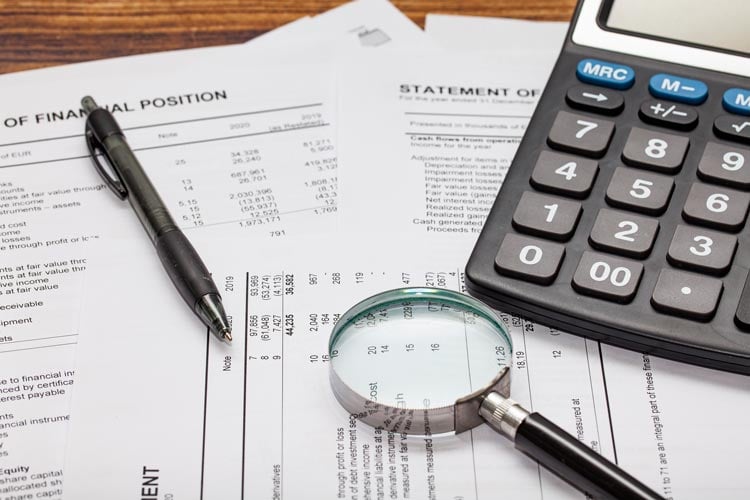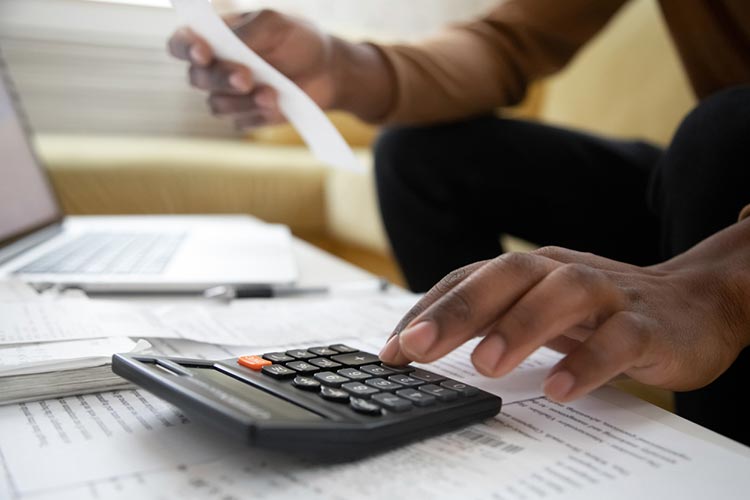Can 1031 Timelines Be Shortened?

The total time frame for a 1031 exchange is 180 days. The clock starts once the relinquished property closes. However, there are cases when the timeframe is compressed and doesn't allow for the full 180 days. Investors who are looking to do a 1031 exchange need to be aware of when they may not have the full exchange period available to them.
Is Raw Land a Good Investment?

Real estate investors have a multitude of choices - residential rentals, other commercial properties like office buildings and hospitality centers, retail operations, and more. Every class and sector offers potential pros and cons. Investors can also decide to purchase real estate-backed securities or fractional interests in asset portfolios by investing in REITs (Real Estate Investment Trusts) and DSTs (Delaware Statutory Trusts).
What is an Immediate Power of Attorney?

A power of attorney is a designation that another person has the authority to make decisions on behalf of the power grantor. Typically, you would grant a power of attorney to someone either for convenience or necessity.
Can Distributable Net Income (DNI) Exceed Taxable Income?

Distributable net income (DNI) is a tax deduction allowed by trusts. DNI must be calculated to determine its value. Part of the DNI calculation includes taxable income. If taxable income is part of the DNI calculation, does that mean taxable income is always equal to or less than DNI?
How is Cost Basis Calculated on an Inherited Asset?

If the beneficiary of a trust receives an asset valued at $500,000 but was purchased for only $100,000, does the beneficiary incur a big tax bill? For many, this could be a crippling tax bill. However, the IRS code does provide some relief for beneficiaries of inherited assets. This relief comes in the form of an adjustment to the original cost basis.
What is IRC Section 1400Z-2 Gain?

The Qualified Opportunity Zone Program was introduced under the Tax Cuts and Jobs Act of 2017. The focus is to funnel capital gains toward federally designated Qualified Opportunity Zones (QOZs) by way of Qualified Opportunity Funds (QOFs). Investors, in turn, benefit from tax incentives which encourage them to invest in QOFs.
What Causes a Deferred Tax Liability?

It's a given that individuals and companies must pay federal taxes on income earned in a given year. But sometimes those taxes are recognized, and paid, at a future point rather than the year in which a sale occurs or income is earned. This concept is known as deferred tax liability, or DTL.
What is the Difference Between Raw Land and Vacant Land?

People with longtime roots in one place may often drive by a new subdivision or retail strip center and wish they’d had the foresight to purchase that particular piece of land 20 years ago when it was still located far from their hometown’s urban core. Buying land can be a risky investment – especially raw land that’s located well outside of currently developed areas. Let’s take a closer look at the differences between raw and vacant land and some important considerations that come with both types of investments.
Does Guardianship Override Medical Power of Attorney?

Sometimes a person can no longer make their own decisions and needs another person designated to do so. The authority can be partial, as in a medical power of attorney, or comprehensive, as is the case with guardianship.
Do Trusts Avoid Estate Taxes?

Establishing a trust can help you achieve many different estate planning objectives, especially preserving wealth from estate taxes. With the federal estate tax exemption exceeding $12 million for 2022, only a small percentage of Americans need to worry about having to pay estate taxes at the federal level. However, 12 states, along with the District of Columbia, impose estate taxes at the state level.


